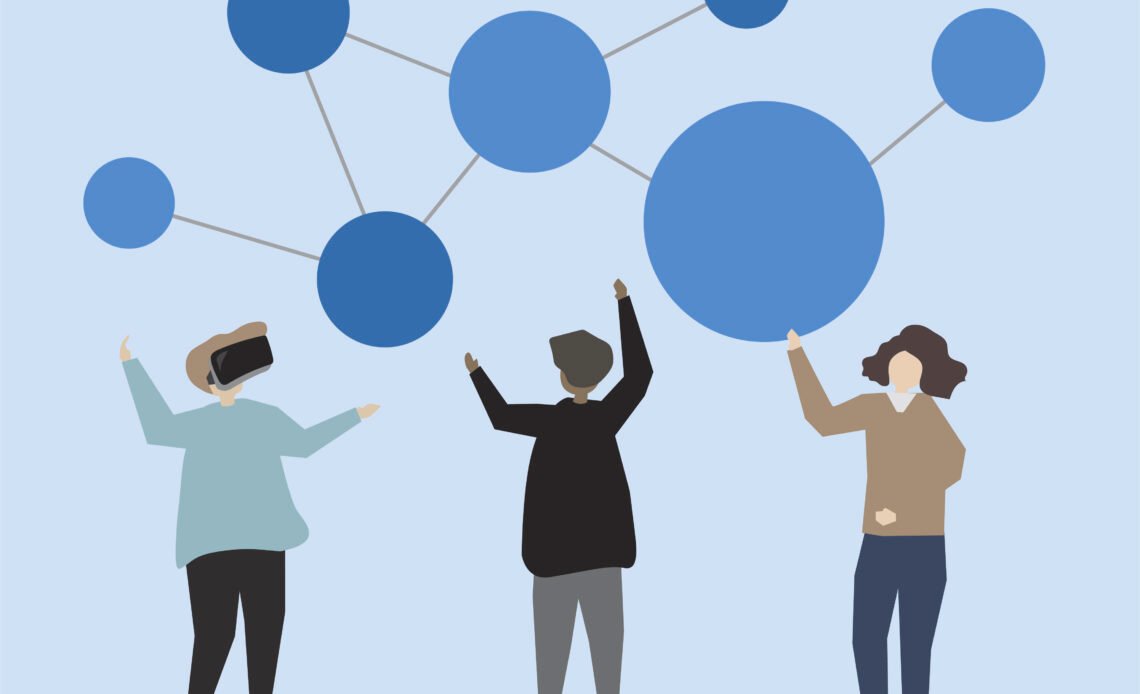
First published in The Hindu, 1 March 2025
A tendency to categorize people into groups is fairly pervasive. The groupings may be based on a host of factors ranging from gender, ethnicity, religion, class, caste, language, educational levels, political affiliation to even more superficial markers like skin colour, fashion and food choices. Though India has been a pluralistic nation housing many types of diversities, it does not preclude us from sorting people into ‘us’ and ‘them’ categories. While we identify and relate to people like ‘us’, we may distance ourselves and even fear the ‘other.’ In fact, intolerance of the other seems to be fairly widespread globally.
As author Arthur Brooks notes in Love Your Enemies, we live in a “culture of contempt” that spans geographic boundaries. Contempt, unlike irritation or anger, doesn’t dissipate but endures, says Brooks, and involves “complete disdain” of another. Further, it rests on the ‘mistaken’ notion that we cannot find any “common ground” with the other person. Besides, contempt is a toxic emotion that gnaws at our happiness, health and well-being while belittling and humiliating the other.
Deep curiosity
Arguing or stonewalling people who hold opposing views from us is not going to bring us closer. Rather, Brooks says that we need to take the initiative of “building bridges.” And, one way of doing so is by exhibiting “deep curiosity.” In an article in Psyche, Scott Shigeokadefines deep curiosity as “a search for understanding that leads to connection and transformation.” Rather than being a “purely intellectual” endeavor, deep curiosity involves much more than simply seeking information. It involves not only forging bonds with others but also helps us reconnect with ourselves by providing new insights and alternative perspectives.
By practicing deep curiosity, you ask open questions that plumb a person’s depths.For example, asking yourself what makes you “feel truly alive,” avers Shigoeka, may help you discover your vocation. When learning about your ancestry, you don’t just focus on where your ancestors came from. Instead, you look for ways to connect with your roots.
Likewise, when you interact with people, especially those who seem different or difficult, try to reach out to them with a genuine curiosity, suspending all your biases and presuppositions. Instead of judging or categorizing them, be open to listening to their views, however divergent they may be from yours.
Shigeoka avers that deep curiosity can be honed like a muscle with practice. The more you exercise it, the more adept you will become at it. You will also find that your relationships with people are smoother and more fulfilling.
Express warmth
Brooks also proffers advice, based on the research of Professor John Gottman, for dealing with people who press our buttons. When you’re having a conversation with people you disagree with, don’t listen solely “to rebut” their arguments. Rather focus on their feelings with an empathetic understanding. For every criticism you offer them, ensure that you buffer it with at least “five positive comments.” Remember that no person, however divergent their views are, are deserving of contempt. Finally, seek out people who differ and disagree with you with an openness that you will be enriched.
As the Dalai Lama once advised Brooks, practicing warm-heartedness can help you replace contempt with a genuine connection. The next time someone treats you with disdain, you can “change at least one heart– yours,” writes Brooks. Though you may not be able to sway the other person, you do have the power to “break the cycle of contempt.” Even if you don’t feel like breaking the ice, Brooks suggests that you “Fake it.” Often enough, our emotions will mimic our actions. If we keep behaving like a “nice person would,” over time, we will morph into nicer and warmer beings. By remembering to smile, expressing gratitude and listening with the intent of understanding others, foes and frenemies may morph into friends.
(The writer is the author of Zero Limits: Things Every 20-Something Should Know. She blogs
at www.arunasankaranarayanan.com.)

